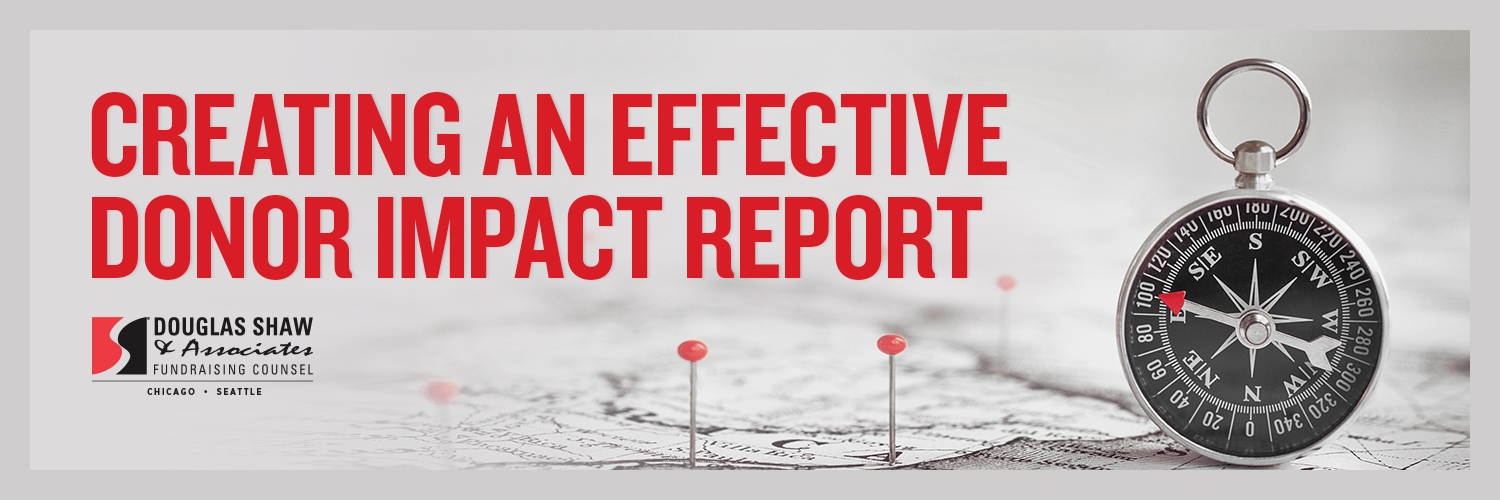Creating an Effective Donor Impact Report
One of the main reasons donors (both new and existing) fail to give again is because they don’t know what you did with their first gift. It might seem straightforward to you, but they want to see how their gift impacted the cause. There are a multitude of ways you can do this, but one in particular stands out from the rest, especially at this time of year . . . an impact report appeal.
We have found that a simple, one-page impact report as a part of your January appeal can get that elusive second (or even third, fourth, or 42nd) gift. Below is a sample, which includes the following five key components that make an effective report:
- Identify your key missional accomplishments from 2020—make sure to include the items you requested donations for and the specifics that matter to your donors.
- Communicate these accomplishments in an easy-to-understand manner, and don’t make your piece too busy—keep it simple. Use graphs, charts, or illustrations as needed.
- Include a short quote and/or image of the people you are helping.
- Make sure the language you use is all about the donor . . . because their giving is what made these accomplishments happen.
- Incorporate language that thanks the donor and gently encourages them to give again.
It is important to note that your 2020 report may look a bit different than it would in a typical year, and that’s ok. Now more than ever, it’s important that your donors see what their dollars did to make an impact. If COVID-19 created a need that your organization was able to fill, talk about it. Some organizations served fewer than they would have because of the pandemic but had to hire medical staff . . . others had to provide personal protection equipment.
Your donors are part of what is right in this world (especially now) through their partnership with your organization. Let’s take some time to celebrate and communicate our appreciation!
Related articles
-

More Than Just Work
As a young Christian professional navigating the conundrum of aligning my beliefs into a purposeful career, I’ve been blessed to…
-

What to Think of Artificial Intelligence and Its Impact on Fundraising . . .
In trying to summon an image to represent our theme for this issue of Donor Focus, I found myself drawn…







